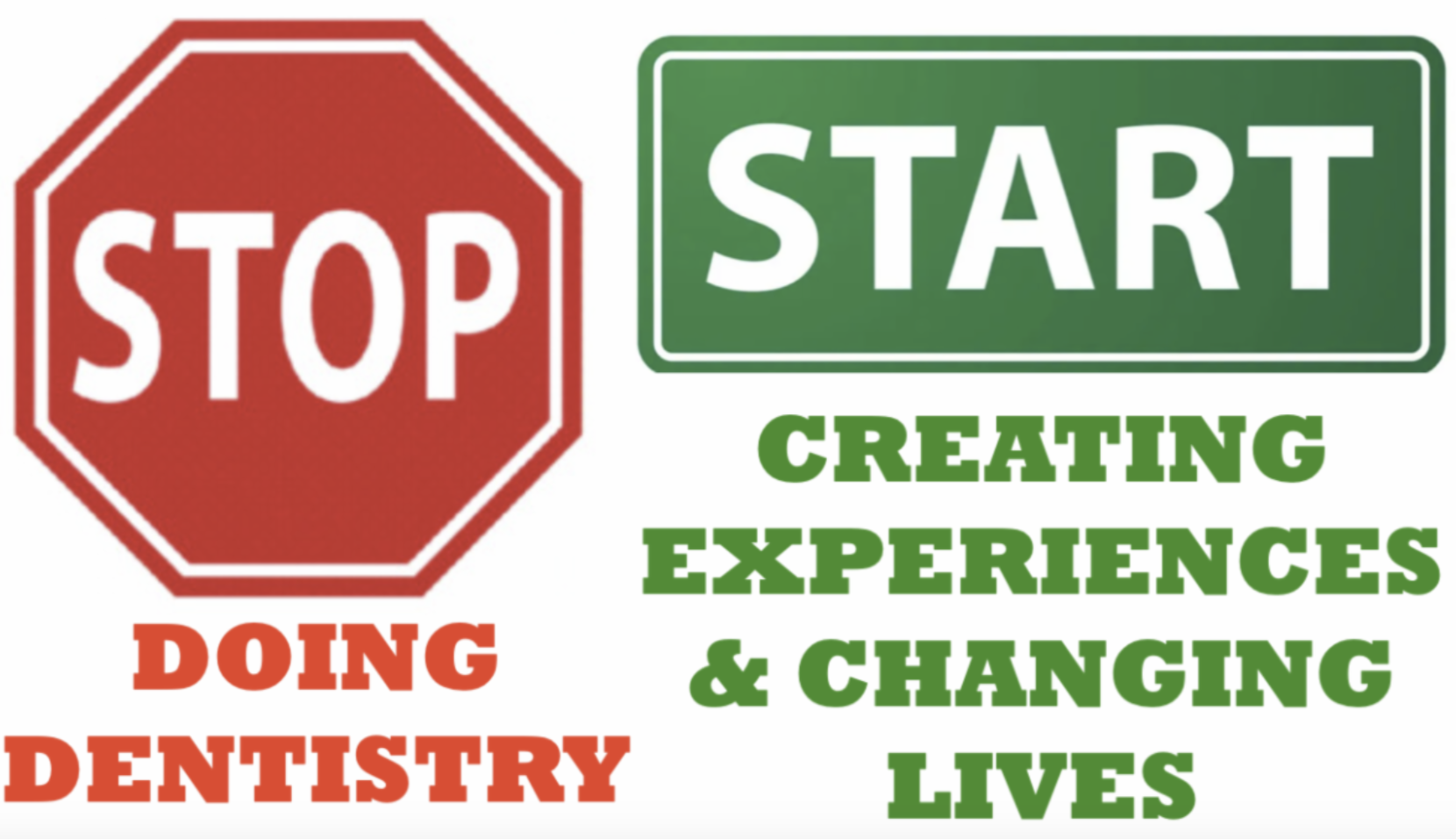|
Recently, I was asked to speak at the “Leadership Symposium” of a regional DSO. I was thoroughly impressed by the concept of the meeting, and I did see a very well-planned initiative to educate and build teamwork. This group is head and shoulders above most of the other similar groups in our region. The four hours driving home from the event gave me abundant time to process what I had seen and heard.
The leadership of this group is strong, and I love the fact that it is led by a dentist who appreciates the importance of care. There were excellent presentations on clinical topics such as advanced endo diagnosis, virtual orthodontic care, and pediatric hygiene. My presentation was on improved treatment acceptance.
My take-away from the meeting was there was too much talk about doing dentistry to correct dental problems and generating production, and not nearly enough emphasis on delivering care (and caring) for the benefit of patients. During a workshop on teamwork, there was conversation about what motivated the members of the team to want to work hard. The responses were “The office is conveniently located”, “I have hours that work for me”, “I like the people I work with”, “I like that the company has good benefits”, “I like to work hard and I don’t like to be idle.” What was missing for me was that no one said they work hard because they feel appreciated or because they feel they make a difference in the lives of their patients. To me, that means they need to stop doing dentistry, and start to focus on creating memorable experiences for patients and themselves and, in turn, changing lives. They have to stop doing procedures, and begin to focus on why they are performing them…how will they create benefits.
Providing a memorable patient and team experience requires incredible attention to detail. It is constantly evaluating how every experience can be improved for every patient. One of the common problems with improvement initiatives is that the management team responsible focuses on actions and doing, but doesn’t give enough focus to the mindset of the rest of the organization. The focus tends to be about performance instead of culture. When change is made this way, it often breeds resentment. When attention is given to culture and personality, there is far greater engagement because the sense of purpose is internalized. When leadership tries to motivate the team, the team often sees it as being manipulative. When the team, instead, BECOMES motivated, they become more invested in success. Zig Ziglar says, “You get the best effort from others, not by lighting a fire beneath them, but by lighting a fire within.” |


